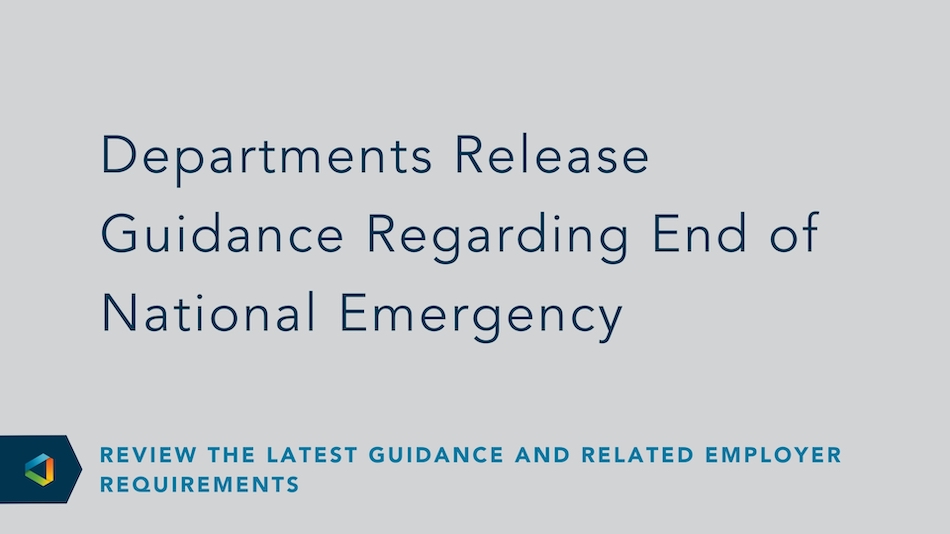Compliance Confidence
COVID-19 Testing – Are Your Plan Documents Up to Date?
COVID-19 Testing – Are Your Plan Documents Up to Date?
The Families First Coronavirus Response Act (the Act) requires group health plans and health insurance issuers to cover testing for COVID-19, effective March 18, 2020. Group health plans include fully-insured, self-insured plans, and grandfathered plans of any size. Under the Act, diagnostic testing to determine whether a covered individual has COVID-19 and the administration of the testing must be provided at no cost (e.g., deductible, copayments, or coinsurance), without prior authorization or other medical management requirements. All respective costs must be covered by the plan.
The Act does not require employer group health plans to cover the costs for treatment of COVID-19. If the group health plan does cover the treatment, there is no requirement that such coverage be provided on a no-cost basis. Do note, fully insured plans may be under a state mandate to provide COVID-19 treatment at reduced or no cost to covered individuals. Self-insured plans should check with their claims administrator regarding the testing covered at no cost and work with their stop-loss carrier before providing coverage that is more generous than required under the Act.
To reflect these changes due to the COVID-19 pandemic and respective regulations, employers sponsoring group health plans will have to amend their plan documents, including the written plan document, accompanying summary plan description (SPD) and summary of benefits and coverage (SBC), to add the required COVID-19 testing provision and any benefit changes for coverage of treatment. Another area an employer should review and amend are any provisions regarding coverage during a leave of absence, furlough, or layoff. The Act enacts a new emergency paid sick leave and revises the Families Medical Leave Act (FMLA) for certain employers for leaves related to COVID-19. Employer can learn more about Expanded FMLA and Emergency Paid Sick Leave here. Additional considerations on how leaves, layoffs and furloughs impact employee’s health benefits can be found here.
Employers will need to communicate these changes with plan participants, including employees, retirees, COBRA/continuation persons, and Qualified Medical Child Support Orders (QMCSO) alternate recipients. ERISA group health plans must notify plan participants by providing a summary of material modifications (SMM). SMMs must be furnished in a way “reasonably calculated to ensure actual receipt of the material.” As we are in a time of social distancing, with a lot of employees not actually being in the office, this could be accomplished through written messages (e.g., first class mail), electronic messages, postings, or old-fashioned phone messaging.
As the situation is constantly evolving with new legislation coming out from both the federal and state level, employers should keep an eye out for any future regulatory guidance.




